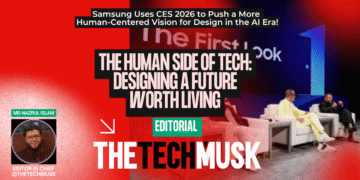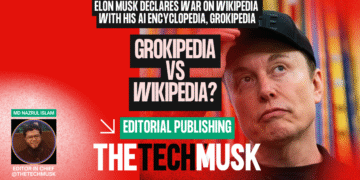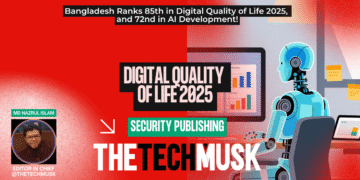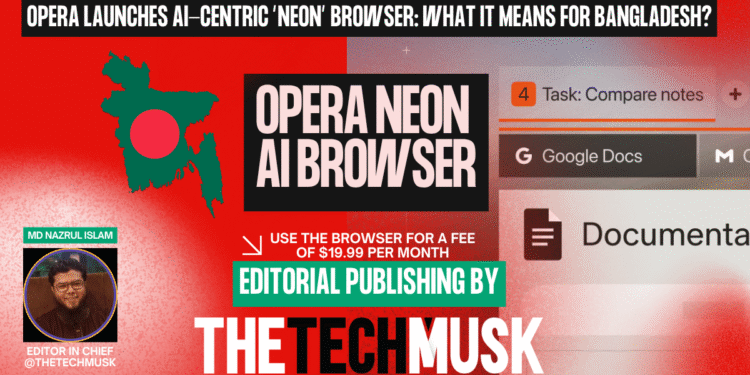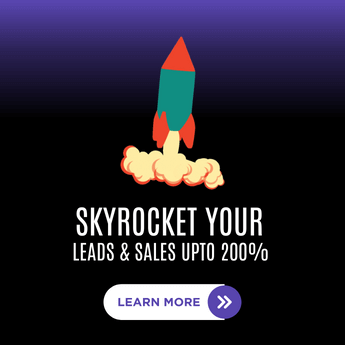Dhaka, September 30 (THETECHMUSK=TTM) — Opera has unveiled Neon, its new AI-driven web browser that aims to transform browsing into an intelligent, task-oriented experience. The launch positions Opera against global rivals like Google and Microsoft, while also opening new opportunities for digital users in emerging markets such as Bangladesh.
Why It Matters for Bangladesh
Bangladesh’s digital economy is booming, with over 125 million internet users and one of the world’s fastest-growing bases of Gen Z consumers online. For local businesses, startups, and freelancers, an AI-centric browser like Neon could reshape how tasks are automated — from content creation and social media management to e-commerce operations.
Neon’s subscription model, set at US$19.99/month, may appear steep for casual users, but for agencies, developers, and knowledge workers in Dhaka, it could serve as a productivity investment. If localized pricing or bundles emerge in South Asia, adoption could spread more widely.
“We built Opera Neon for ourselves – and for everyone who uses AI extensively in their day-to-day. Today, we’re welcoming the first users who will help shape the future of agentic browsing with us,” said Krystian Kolondra, EVP Browsers at Opera, in a statement.
Features with Local Relevance
- Agent-style automation: Neon can summarize an article and post it directly to Slack or WhatsApp groups — tools widely used in Bangladesh’s tech and startup sectors.
- Workspace “Tasks”: Freelancers managing multiple clients could group tabs, AI chats, and resources by project, reducing workflow clutter.
- Prompt “cards”: Local digital marketers could chain prompts to quickly generate comparison charts, campaign reports, or social media posts in Bangla and English.
The Competitive Landscape
Bangladeshi users are already exploring AI-enhanced tools like ChatGPT, Perplexity, and Microsoft Copilot. Neon’s success will hinge on whether its “agentic” features actually save time and integrate with platforms common in South Asia, such as Facebook, YouTube, and local e-commerce apps.
Industry watchers say that if Neon proves effective, Bangladeshi tech firms could adopt it as a lightweight alternative to costly enterprise AI suites. Universities and IT training centers may also introduce Neon in their digital skills programs to prepare students for AI-integrated workflows.
Outlook
Opera’s Neon browser represents the global trend of embedding AI deeper into everyday tools. For Bangladesh — where a young, mobile-first population is driving digital adoption — Neon could become both a productivity booster and a competitive differentiator for businesses that move early.
Final Thought
Opera’s Neon is more than just another browser launch — it’s a glimpse into the future of how we’ll work, create, and connect online. For Bangladesh, where a young, ambitious, and mobile-first generation is driving the digital economy, this is both a challenge and an opportunity. If brands, agencies, and entrepreneurs act fast, Neon could help them leapfrog into a new era of AI-powered productivity. But if they hesitate, others — regionally or globally — will seize the advantage. The message is clear: adapt early, or risk being left behind.


